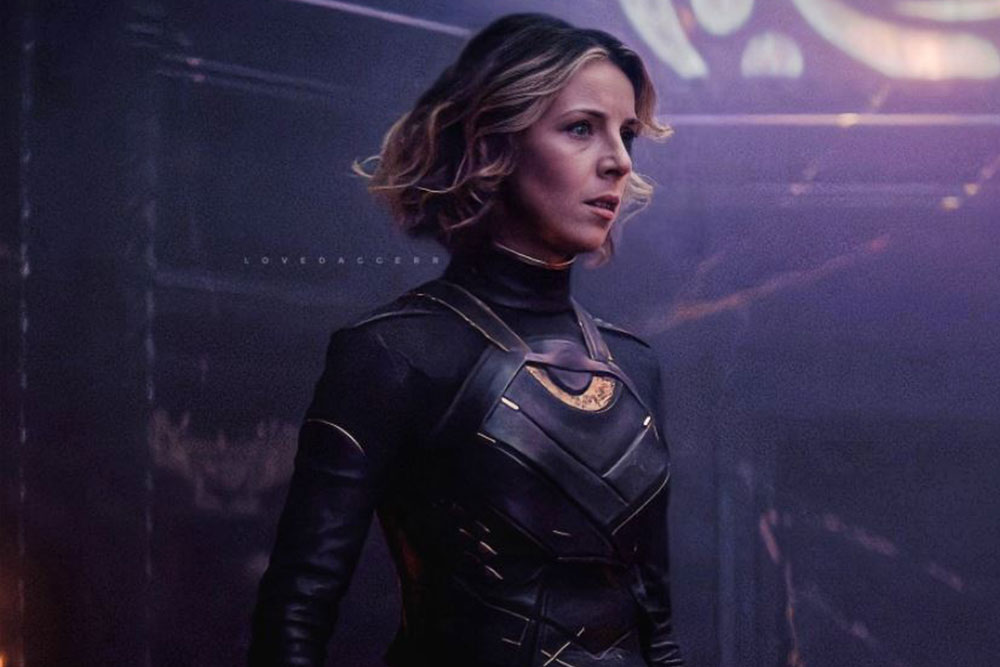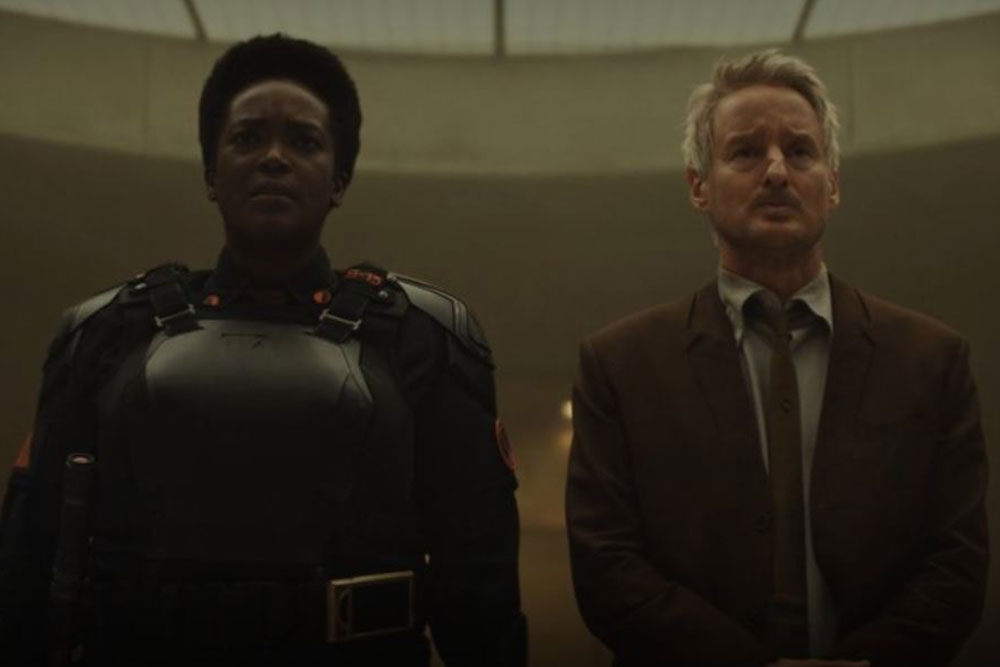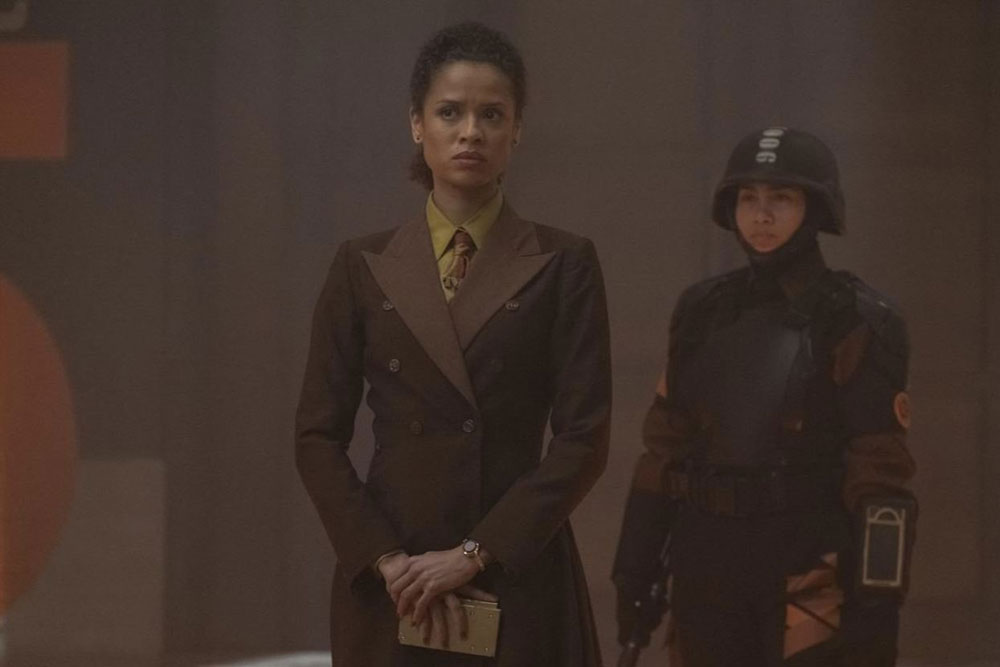*This article contains heavy spoilers
The Marvel Cinematic Universe (MCU) is now 23 movies and three shows old (not counting Black Widow, and the mess everyone says it is), and yet, you won’t find the enthusiasm of global fans of the franchise abating an inch. The reason behind this, partially, is the storytelling capacity of Kevin Feige and his army of writers and directors, even in the sad absence of Stan Lee. The other reason, and the more prominent one, is that the MCU is now the most popular club in the world, and everyone wants to be a part of it.
Somewhere down the line, Feige and friends stopped bothering if the audience understood the larger context of their movies and shows. After all, the fans—the true ones at least—knew what the story of each movie is about, what the major character arcs are, and what the outcome may be. This is the audience Marvel Phase 4 wants to serve its creations to, and we’re not complaining at all, especially after the brilliance of Loki.
This is also the audience that will probably get the most out of this review. So, read on to find out what went down in Loki Season 1.
Marvel makes it multiversal
2021 has seen the release of three major shows by the MCU, all on Disney+ Hotstar. WandaVision introduced us to the Marvel multiverse, and the prospect of understanding key themes from the comic books, like nexus creatures and chaos magic. But the absence of Doctor Strange, and the complete denial of Mephisto’s existence—which many fans had predicted and looked forward to—was a let-down. The underlying story of grief was a winner, nevertheless. The Falcon and the Winter Soldier, on the other hand, explored extremely grounded and relevant themes, like race, displacement, legacies, and global politics. That was another winner.
Now, with Loki, the MCU has expanded its scope once again, this time to highlight themes like free will and destiny. At the centre of this story is Loki Laufeyson (Tom Hiddleston), the Norse god of mischief, who has long since been established as a villain turned anti-hero by the MCU, thanks to epic movies like The Avengers, Thor: Ragnarok, and Avengers: Infinity War. The fact that this guy got a standalone series of his own might seem like more of a service to Hiddlestoners (or are they called Hiddles now?). But once you actually start watching the show, you understand just why it was vital for the MCU to include this story.

Loki’s glorious purpose, with a new face
The series takes off from the moment in Avengers: Endgame, when Loki accidentally gets his hands on the Tesseract during the Avengers’ little time heist. He wasn’t supposed to do that, and so, it created a divergence in the timeline, which is later established as the ‘sacred timeline’ maintained by the Time Variance Authority (TVA). The TVA, for those who don’t know, is a big deal in the comics, and is run by Time Keepers. Those who diverge from the ‘sacred timeline’ are called Variants (not the COVID kind, but equally dangerous as per the TVA), and are pruned. Loki isn’t pruned, because TVA agent Mobius (Owen Wilson) enlists his help to catch another variant, despite the protests of Judge Ravonna Renslayer (Gugu Mbatha-Raw). And thus, begins Loki’s redemptive arc in the most unexpected of ways—he meets other Variants of Loki from different timelines, including Sylvie (Sophia Di Martino).
The gender-fluidity of Loki, well-established in the comics, is presented for the first time on this show, with Sylvie sharing the limelight constantly with Loki. She’s witty, tough as nails, a survivor, and a fighter with a glorious purpose—just like him. Even with other Loki Variants showing up, including Kid Loki and Crocodile Loki, Sylvie’s vitality, sense of purpose, and even vulnerability, stand out. The show explores the narcissism Loki suffers from, especially since it’s clear he and Sylvie are falling in love (with themselves? Creepy?). But it also highlights how despite being the same person, in essence, these two couldn’t be further apart. Sylvie’s agency and purpose constantly takes centre stage, making this show about more than just the classic Loki we’re familiar with.

Free will, destiny, and the next big bad
This especially comes through in the season finale. Sylvie is dedicatedly working to destroy the TVA, and the Time Keepers behind it all. After all, if you prune people every time they take a step against the dictates of the so-called ‘sacred timeline’, do you qualify as anything but evil? Loki joins her in the quest for the Time Keepers, and the duo travel to the end of time, cross a Void, defeat a gaseous monster called Alioth, and reach what looks like the Citadel at the End of Time—all the while believing that their actions were their own, based on their own free will.
When they finally meet the last Time Keeper, He Who Remains (hey, look, it’s Kang, so let’s just call him that, shall we?) greets them with the unwelcome news that it wasn’t their free will that brought them to his door. It was Kang all along. It was their destiny to get there, a destiny created by him. The brilliance of actor Jonathan Majors, who plays Kang here and in the upcoming film Ant Man: Quantumania, is definitely building up this character as the next major villain of the MCU. He plays the menacing god, eating an apple, and tempting Loki and Sylvie with a new glorious purpose —one where they are in control—with panache, and finally jolts you into the realisation that you had been rooting for lead characters who are quite evil themselves.

The only let-down in a brilliant journey
But while Loki redeems himself, teetering towards maintaining the status quo, Sylvie remains true to her Loki-ness by choosing chaos. Sure, Loki’s redemption is something to cheer for, but the finale opens the door to the next season, where this redeemed Loki might just go back to his baser instincts. Or, turn into King Loki, like that teaser that misled us all showed. You never know, because Loki’s unpredictability is certainly what makes him so attractive, even 10 years after he was first introduced.
Add to this the new radicalisation of Renslayer, and you have the makings of another antihero—this time a woman—for the MCU. If fans are already wondering when and where they’ll see her next, it’s because she has a huge role to play in the comics not just as Kang’s love interest, but also as a woman who fights throughout to get her agency and free will back. Renslayer’s arc, whether it’s next showcased in Loki Season 2, or in one of the upcoming MCU movies, is definitely something to look forward to.
This, and the tightly knit plot of the show, makes Loki worth a watch, especially for Marvel fans everywhere. The only let-down in this glorious journey, was the lack of action scenes that Marvel is known to showcase. But even with this little deficiency, Loki remains, in this reviewer’s opinion, the best television show the MCU has dished up till date.